Tanzania’s main opposition leader, Freeman Mbowe, chairman of Chadema, was arrested on Friday, November 22, 2024, alongside 12 other party members in Songwe.
Police claimed the arrests were due to unauthorized campaign activities for upcoming local government elections.
Songwe Regional Police Commander Augustino Senga stated that Chadema officials violated electoral regulations by conducting political activities without official approval. Among those detained were prominent Chadema leaders and members of the ACT-Wazalendo party.
Widespread Condemnation
Tundu Lissu, Chadema’s Vice Chairperson for mainland Tanzania, denounced the arrests during a rally in Mwanza, labeling them an affront to democracy. “This is a shameful attempt to intimidate opposition voices ahead of critical elections,” Lissu said, calling for the immediate and unconditional release of those detained.
These arrests have intensified concerns about Tanzania’s political climate as the nation prepares for general elections in 2025. Lissu, a long-time critic of government suppression who survived an assassination attempt in 2017, highlighted the need for international scrutiny of Tanzania’s democratic processes.
A History of Tensions
The arrests follow a series of controversies involving restrictions on opposition parties. While President Samia Suluhu Hassan initially eased constraints on political rallies, lifting a ban imposed during her predecessor’s administration, recent actions have raised doubts about the government’s commitment to fostering a fair political environment.
Read More; Tanzania’s President Dismisses Label of Poverty
Political analysts suggest these developments reflect growing tensions between opposition movements and state authorities. Chadema, in particular, has faced hurdles in mobilizing public support, with leaders accusing the government of reverting to oppressive tactics.
Calls for Justice and Reform
Chadema has vowed to continue its campaigns despite these setbacks. Party officials are urging local and international organizations to monitor Tanzania’s political environment closely. They argue that fair elections are crucial for the country’s future stability.
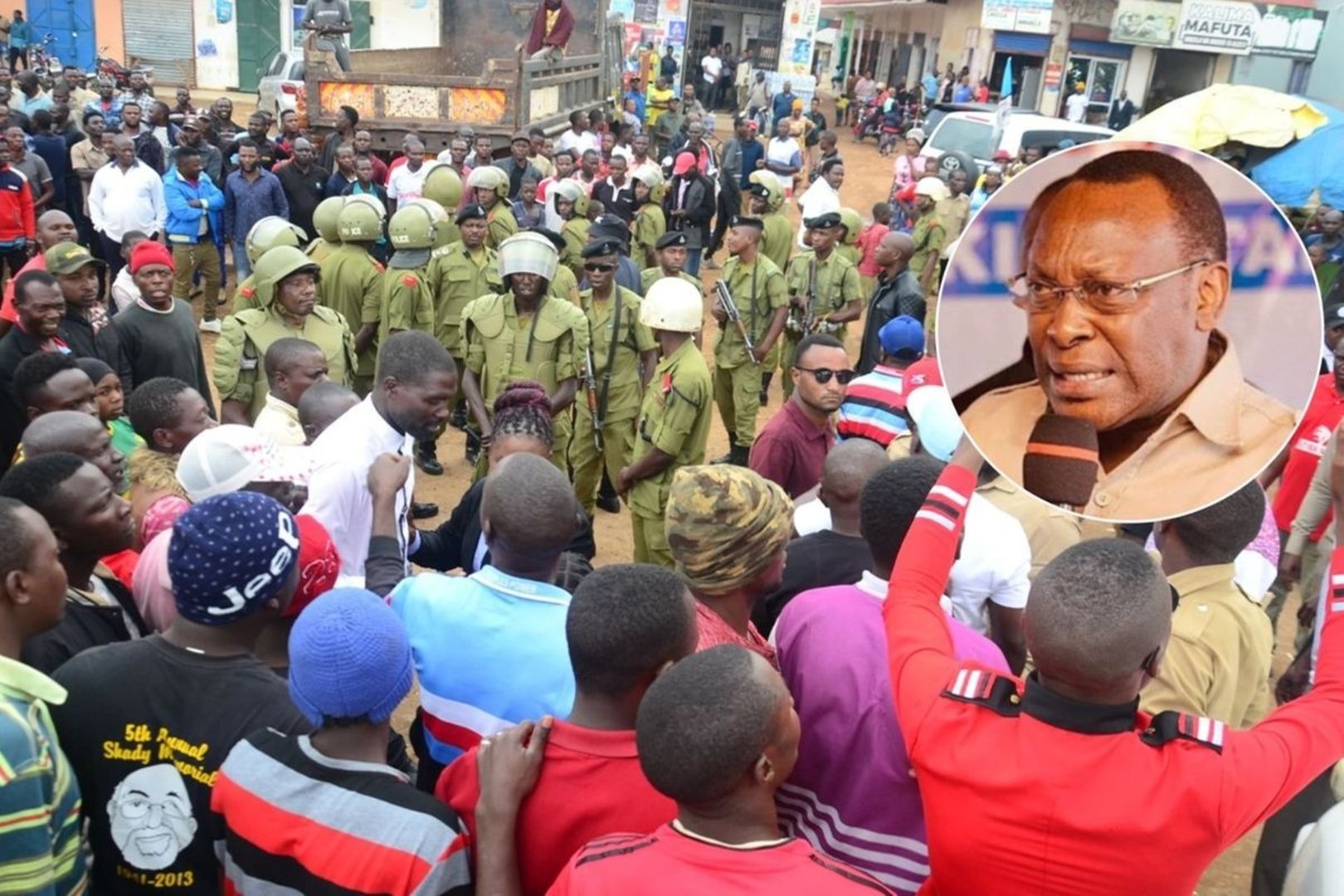
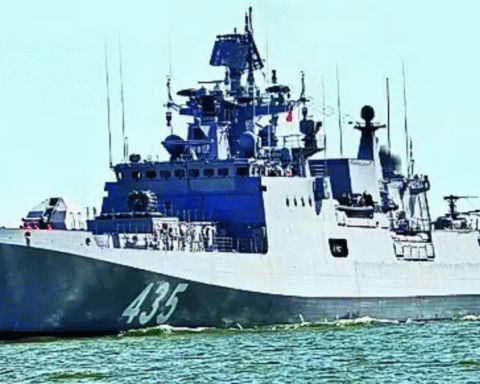
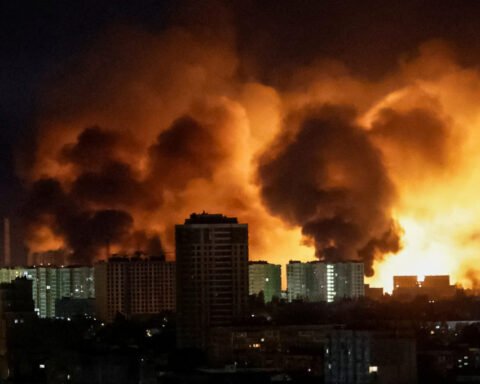
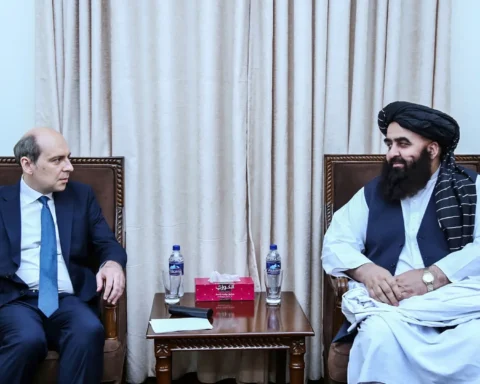
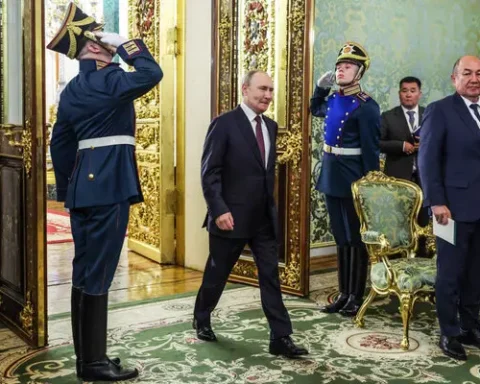


Excellent post. I was checking constantly this blog and I’m impressed! Very helpful information particularly the last part 🙂 I care for such information much. I was seeking this particular information for a very long time. Thank you and best of luck.